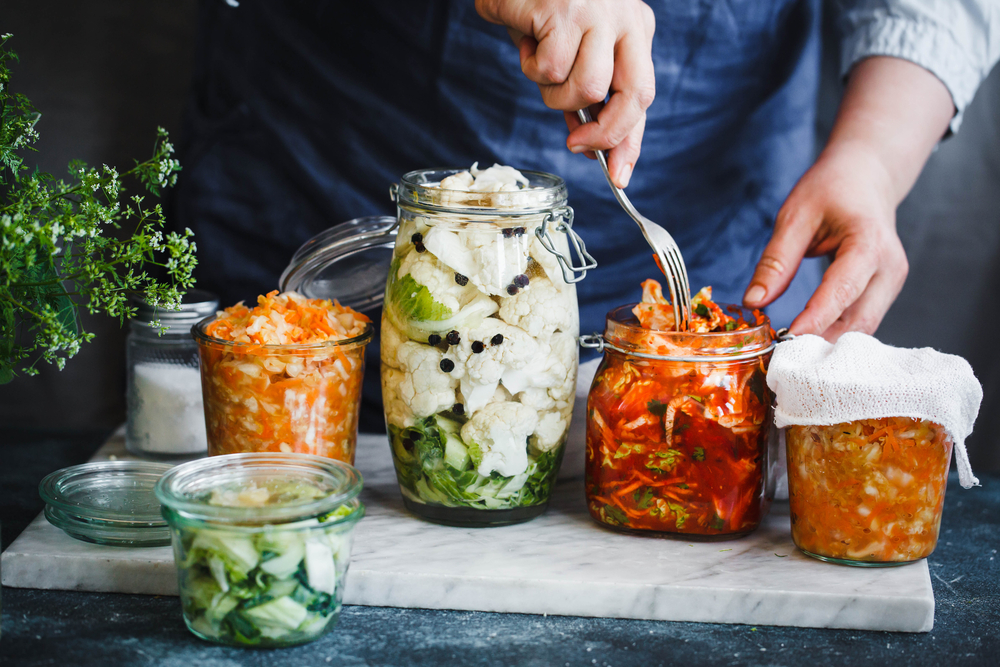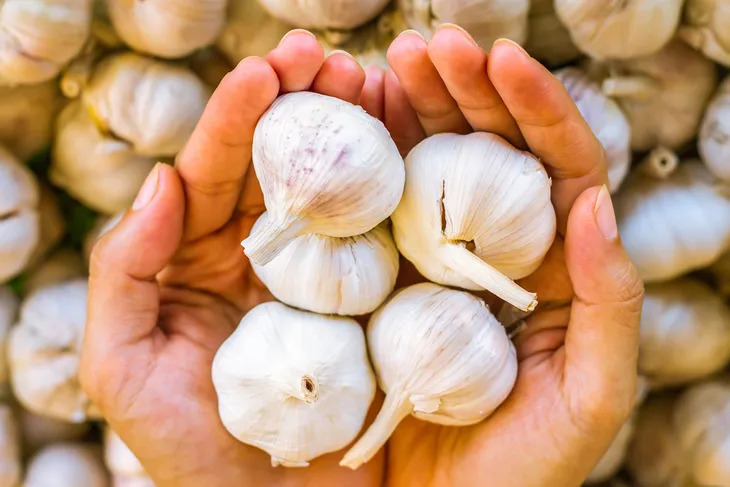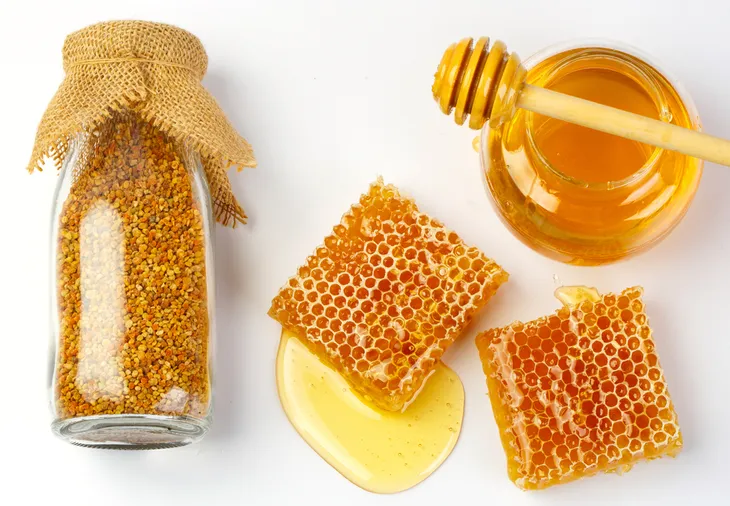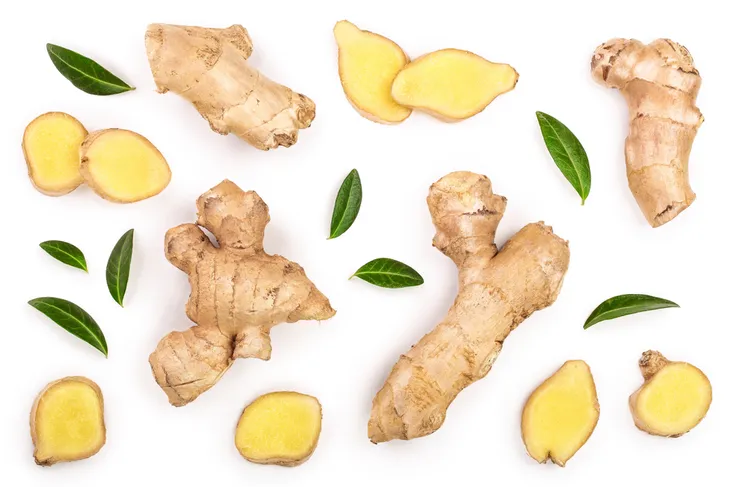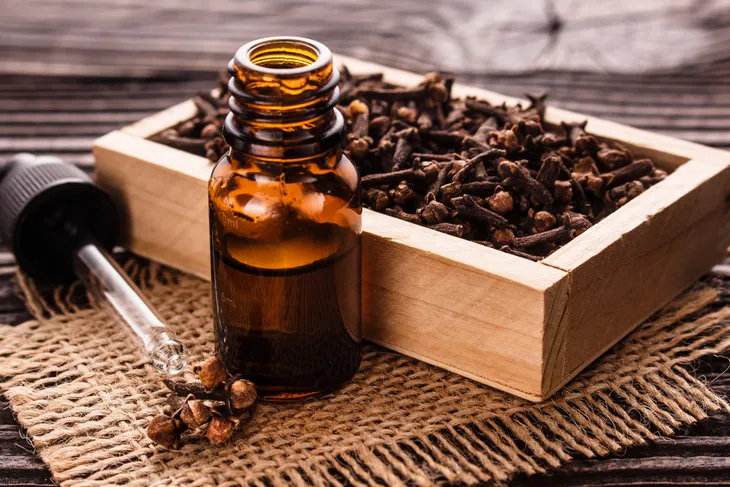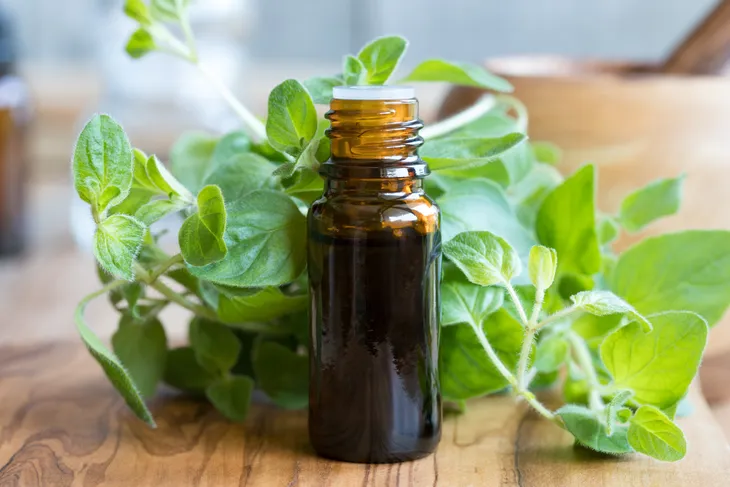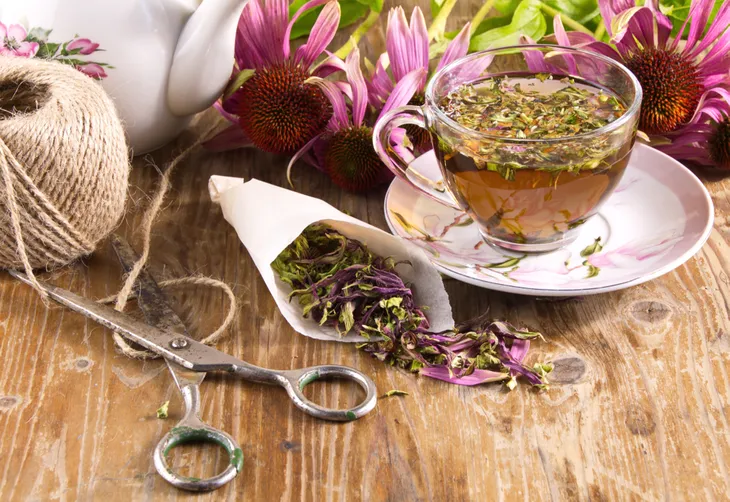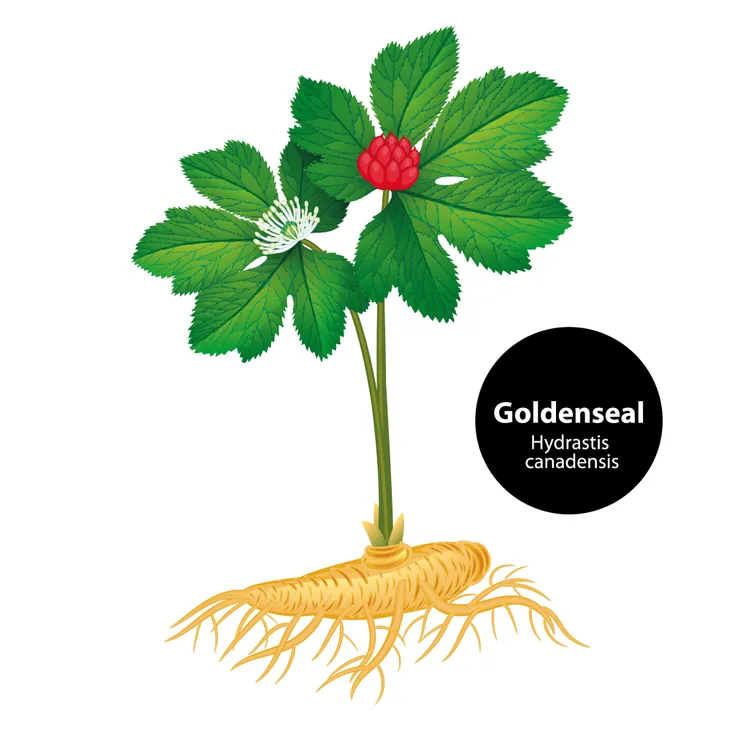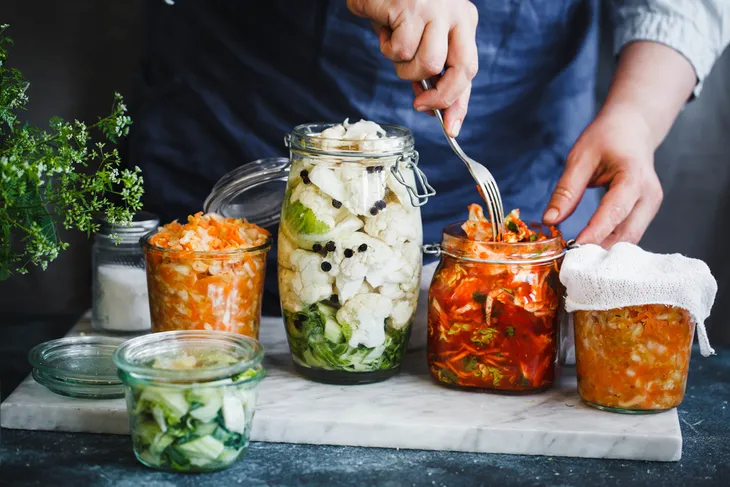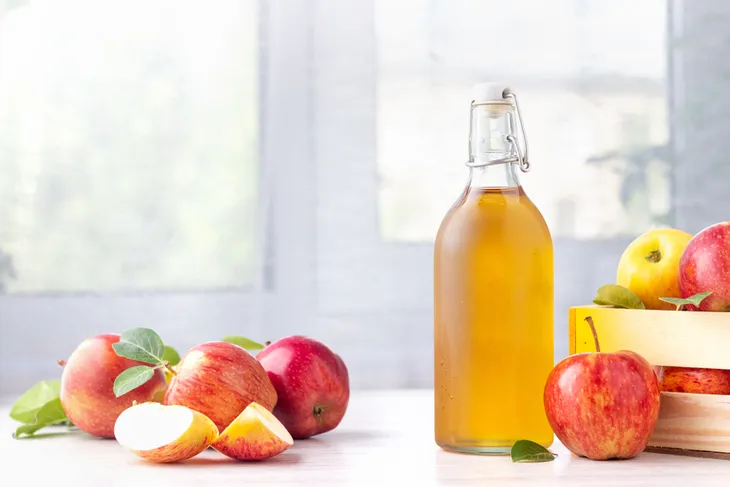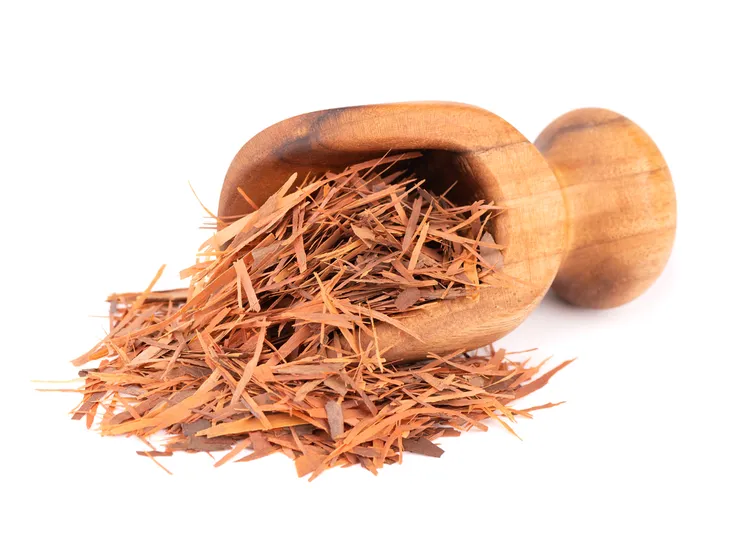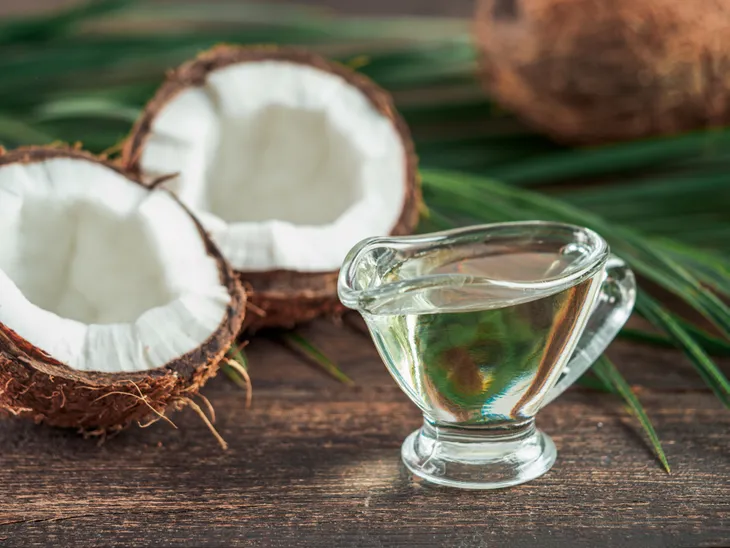Bacteria are single-cell organisms that exist virtually everywhere. Most don’t cause any harm at all. In fact, some are good for you. But, as with most things, some bacteria can be harmful. Interacting with the bad ones can cause you to fall ill, and nobody wants that.
Modern medicine has long turned to antibiotics to stave off the bacteria that are keeping you in bed. There’s a catch though. Antibiotic-resistant bacteria have developed over time, due to the over-prescription, and overuse of antibiotics around the world. All the more reason to integrate more natural, bacteria-fighting foods into your diet!
It’s important to note that the study of naturally occurring, bacteria-fighting foods is still in its infancy. That’s not to say that there isn’t any supporting scientific data. So, let’s get to it! Here’s a list of the best natural bacterial fighting foods available to you right now.
Garlic
Garlic was once instrumental in Traditional Chinese Medicine, often relied upon to treat respiratory and digestive issues as early as 2000 B.C. Garlic’s use in the medical field has withstood the test of time, with countless, modern scientific studies heralding garlic’s incredible bacterial fighting properties.
Garlic has definite bacterial fighting properties and has been deemed effective against a vast selection of bacteria, viruses, and fungi. The evidence is persuasive enough to suggest that garlic may serve as a more effective, broad-spectrum bacterial fighting option than antibiotics currently in use today.
Honey
The medicinal benefits of honey have been known for quite some time too. Its use in medicine can be traced back to 8000-year-old, Stone Age paintings. Modern science has proven honey’s remarkable, inhibiting effect on roughly 60 species of bacteria. And that’s before we even mention its incredible antioxidant properties.
If you’re local to Australia or New Zealand, or know a place that ships it in, Manuka Honey can be helpful to have as well. Particularly in treating wounds and burns.
Ginger
It’s more than just table dressing at your favorite local sushi spot. Ginger is a powerful source of all-natural bacterial fighting option. Ginger has been shown to significantly inhibit the growth of several bacteria in a laboratory setting.
In addition to its fantastic bacteria-fighting properties, ginger may also be effective for nausea and vomiting, menstrual cramps, osteoarthritis, and morning sickness. It’s enough evidence for me to revise this week’s grocery list, that’s for sure.
Clove
Ground clove tastes great. You can use it to kick up a curry and punch up your poultry seasoning. Some even bake with it. But we aren’t here to talk about our favorite recipes. No! We’re talking natural bacteria-fighters, and cloves certainly qualify.
Cloves contain profound antimicrobial properties that have been shown to help stunt the growth of some bacteria. The benefits list doesn’t end there either. Clove is exceptionally high in antioxidants, full of nutrients, may help regulate blood sugar, and may even protect against cancer.
Oregano
Oregano is another one of these popular pantry items with a storied history of making people feel better. Oregano is a potent antimicrobial that works effectively on a number of harmful bacteria, particularly the ones that cause staph infections.
Oregano is also a rich source of antioxidants and may reduce inflammation, relieve pain, aid weight loss, and even keep annoying insects at bay. If you don’t already have this pantry staple stocked, you might want to go out and get it!
Echinacea
Echinacea is a truly remarkable herb. It’s been used to treat scarlet fever, syphilis, malaria, and blood poisoning in the past, but its use has subsided over the years. That’s due in large part to our modern reliance on antibiotics.
Today, many turn to it to beat back the symptoms of the common cold. The science detailing echinacea’s effect on the common cold is still lacking, though some certainly swear by it. It’s been used in the treatment of various types of infections and, recent studies have uncovered its potential potent antiviral and antimicrobial properties.
Goldenseal
Goldenseal is a perennial herb native to the Eastern United States and the South Eastern region of Canada. It also has a history of medicinal use, this time dating back to the colonization of the Americas, where it was frequently relied upon to treat digestive issues, and as an eyewash.
More recent science has accredited goldenseal as a treatment for skin infections. You could drink it in tea, or purchase goldenseal capsules. It’s important to consult with your primary care physician before ingesting goldenseal though, as it may interfere with medications. It’s also considered unsafe to use during pregnancy, as well as for newborns.
Fermented Foods
Fermented foods are a bit of an acquired taste. Not all of us are born with an appetite for sauerkraut, kimchi, kombucha, and pickles. We recommend that you work to acquire those tastes as soon as you can. Because fermented foods are more than just delicious, they’re packed full of good bacteria too.
Fermented foods are full of probiotics, which help optimize your gut health and digestion and boost your immune system’s response to bad bacteria. There’s a lot of variety in probiotic-rich foods too, so you should be able to find a rich source of probiotics that’s also delicious to you.
Apple Cider Vinegar
Apple cider vinegar (ACV) has been used as a remedy for centuries. Even the ancient Greeks used vinegar to treat wounds. While more research still needs to be done to determine its true effectiveness, some claim it can help treat things like a sore throat and improve heart health and digestion.
ACV is also rich in acetic acid which gives the vinegar its sour taste and strong odor but it may also help control blood pressure and fat accumulation. Along with its health benefits, there are a few side effects you should be aware of too. Due to its high acidity, drinking ACV can cause damage to your teeth and it may upset your stomach or hurt your throat so it’s best to dilute it in water or tea.
Pau D’Arco
Pau d’arco may not be a typical food you pick up at the supermarket, however, it is a dietary supplement full of bacteria-fighting effects. So, we think it’s worth mentioning on our list! This dietary supplement is made from “the inner bark of several species of Tabebuia trees that grow in Central and South America,” says Healthline.
Research suggests that this supplement has antifungal and antibacterial properties. The source says “While the exact mechanism remains unknown, pau d’arco is thought to inhibit the processes bacteria and fungi need to produce oxygen and energy.” As with all dietary supplements, it’s important that you check with your doctor first to ensure it’s safe for you.
Coconut Oil
Coconut oil is widely recognized as a superfood and for good reason! There are plenty of health benefits from hydrating your skin to boosting brain and heart health. But it’s the lauric acid that makes coconut oil a bacteria-fighting food.
Roughly 50-percent of the fatty acids in coconut oil are lauric acid and when your body digests it, it turns it into monolaurin. Healthline says, “Both lauric acid and monolaurin can kill harmful pathogens, such as bacteria, viruses, and fungi.” The source also notes if you want to get the most out of it, make sure you choose organic, virgin coconut oil instead of the refined varieties.
The Takeaway
The natural world truly is an incredible place. Its wide, rich, and diverse landscapes are full of things to explore, foods to eat, and all-natural medicines to benefit from. Our ancestors understood the importance of relying on the substances available to them to relieve their bodies of discomfort.
Today we learned that, throughout history, mankind has looked to garlic, honey, fermented foods, goldenseal, and more to cure their ailments. And, now that modern science has granted us the tools to look under the hood, we’ve been able to validate their ancient wisdom.
It’s important to establish that none of these all-natural, bacteria-fighting foods should be chosen in place of professional medical advice. If you’re ill, you should still seek immediate medical care. But it sure is nice to know that integrating more of these incredible ingredients may improve your overall health.
